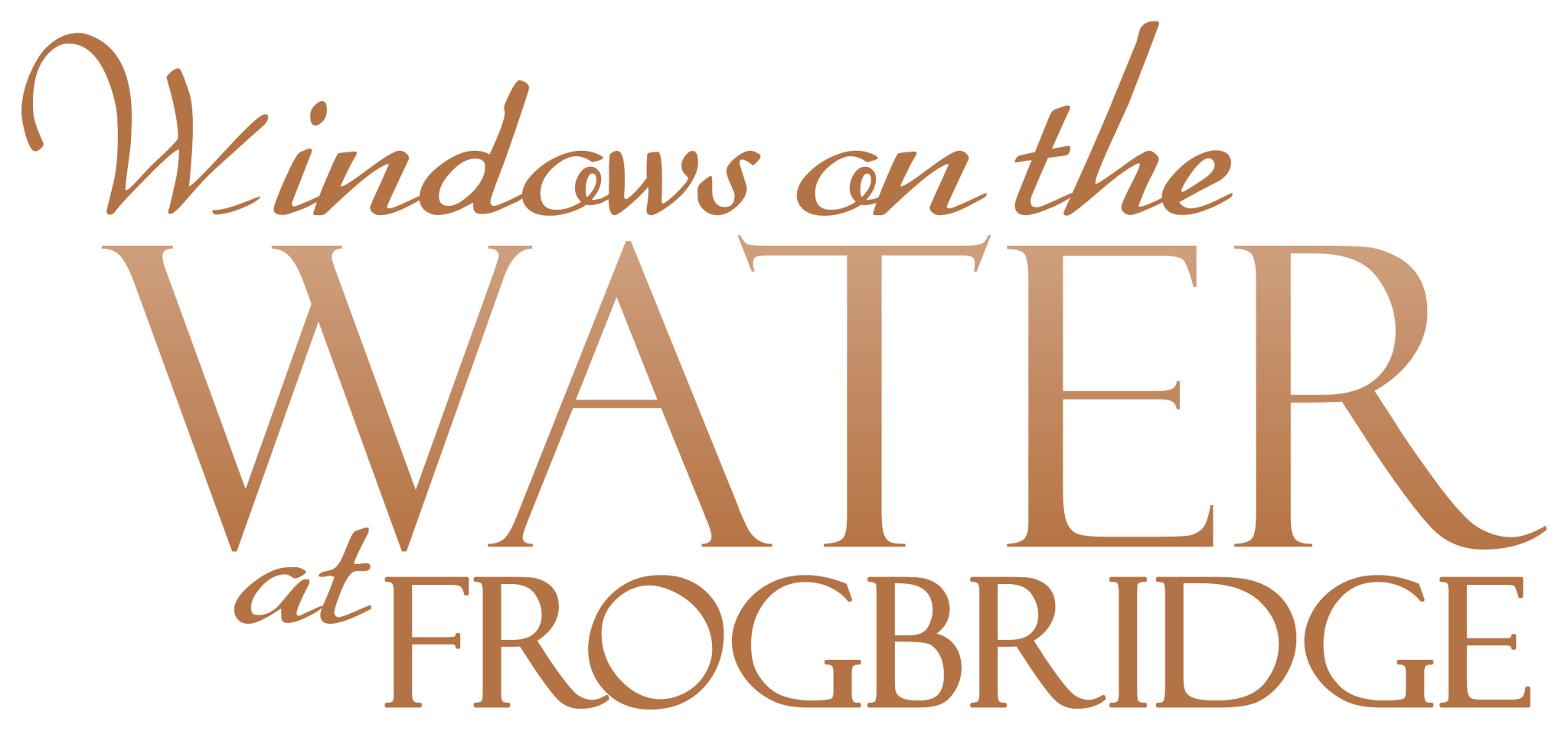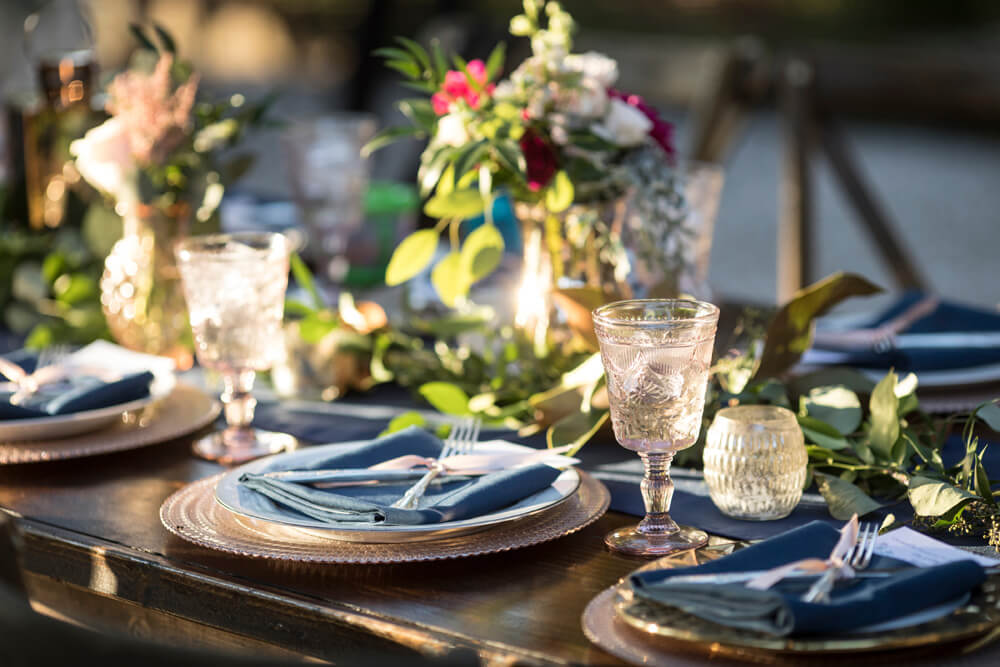Practically everything about an American wedding is a cultural tradition, including the engagement, the bridal shower, the white dress, and even the father-daughter or mother-son dances. However, there are hundreds of other cultures that also have their own wedding rituals, and many of those rituals are so beautiful and exciting that couples want to incorporate them into their own wedding.
While adding a beautiful facet of someone else’s religious or cultural wedding ritual can make your own wedding ceremony seem more exciting and meaningful, care should be used when planning these elements to avoid appropriating someone’s culture. Here is a look at how cultural appropriation occurs in wedding planning, along with how to avoid having it happen to yours.
What Is Cultural Appropriation and How Does It Occur in Wedding Planning?
Cultural appropriation is the adoption or use of elements of one culture by members of another culture. These elements are often used out of their proper cultural context and often against the expressed wishes of those who represent the culture that the elements were taken from. These uses are often viewed as a form of disrespect to members of the originating culture, who may find that the use cheapens the original meaning or intent of the element.
Couples who are planning their wedding often look for features to add to their ceremony that are unique from all the weddings they have attended in the past. This search commonly brings the couple to wedding customs that are practiced in other cultures. One common manifestation of cultural appropriation is when the couple chooses a theme for their wedding that is a part of someone else’s culture, such as a Hawaiian Luau-themed reception featuring leis and other cultural elements when neither the bride nor the groom is of Hawaiian culture or heritage.
The Problem With Cultural Appropriation
The problem with two people who have no ties to Hawaii having a luau-themed wedding is that they often lack the understanding of the customs they have appropriated. This may happen with multiple other cultures as well. The elements they borrowed from another culture can be featured improperly or taken to mean something that those in the culture know is incorrect. Beyond that, however, the problem is that someone else’s sacred customs or rituals have been whittled down to serving as a form of wedding entertainment.
The rituals of other cultures are often reflections of a culture’s faith that are passed down for generations. Just as people don’t wish to see parts of their own culture used as mascots for a sports team, they also don’t relish seeing aspects of their culture appropriated for a wedding or reception either.
This is not to say that no one should ever use features of another culture in their wedding. However, it does mean that couples should be sensitive to the items they select and be sure they understand the context of the elements they’re using.
Tips to Avoid Appropriating Someone Else’s Culture While Wedding Planning
While adding unique elements to your wedding serves to make the occasion more memorable for you and your guests, care should be taken in order to avoid accidentally appropriating someone else’s culture. Here are five tips to keep your big day culturally friendly:
- When deciding the theme and elements that you want for your wedding, consider aspects that are important to you as a couple. Consider using the color scheme from the place where you met, or having your favorite song played during the ceremony.
- If you are considering using a tradition or feature from another culture, be sure you research it first and have a clear understanding of what it means and why it is done.
- If you’re using an element from someone else’s culture in your wedding, be sure to source that element from an authentic member of that culture. For example, if you want to provide leis for your guests, look to purchase authentic Hawaiian leis and have them shipped rather than picking up a few dozen imitation leis from the discount store.
- Give credit where credit is due. Say you used an element from someone else’s culture as a feature of your wedding ceremony or reception. Be sure you let people know where the tradition and the products came from.
The bottom line on cultural appropriation is this: using certain cultural items in your wedding is not an absolute no, even if the items aren’t from your culture. However, avoid making the culture a theme, and be sure to give credit to the culture the item originated from.
If You’re Planning a New Jersey Wedding, Consider Windows on the Water
Planning your wedding theme is just one of many decisions you need to make for your wedding. Choosing a venue is another. If you’re looking for a picturesque place to hold your ceremony, consider Windows on the Water in New Jersey. Our 86-acre resort provides you the opportunity for an outdoor wedding by the lake, as well as several other options. Our event planners are ready to discuss the wedding packages we offer and begin brainstorming with you about your big day.
Book an appointment to come tour Windows on the Water and learn more about the services we have available to ensure that your wedding is as wonderful as you imagined it to be. Call us at (609) 208-9475 or send us a message online.

